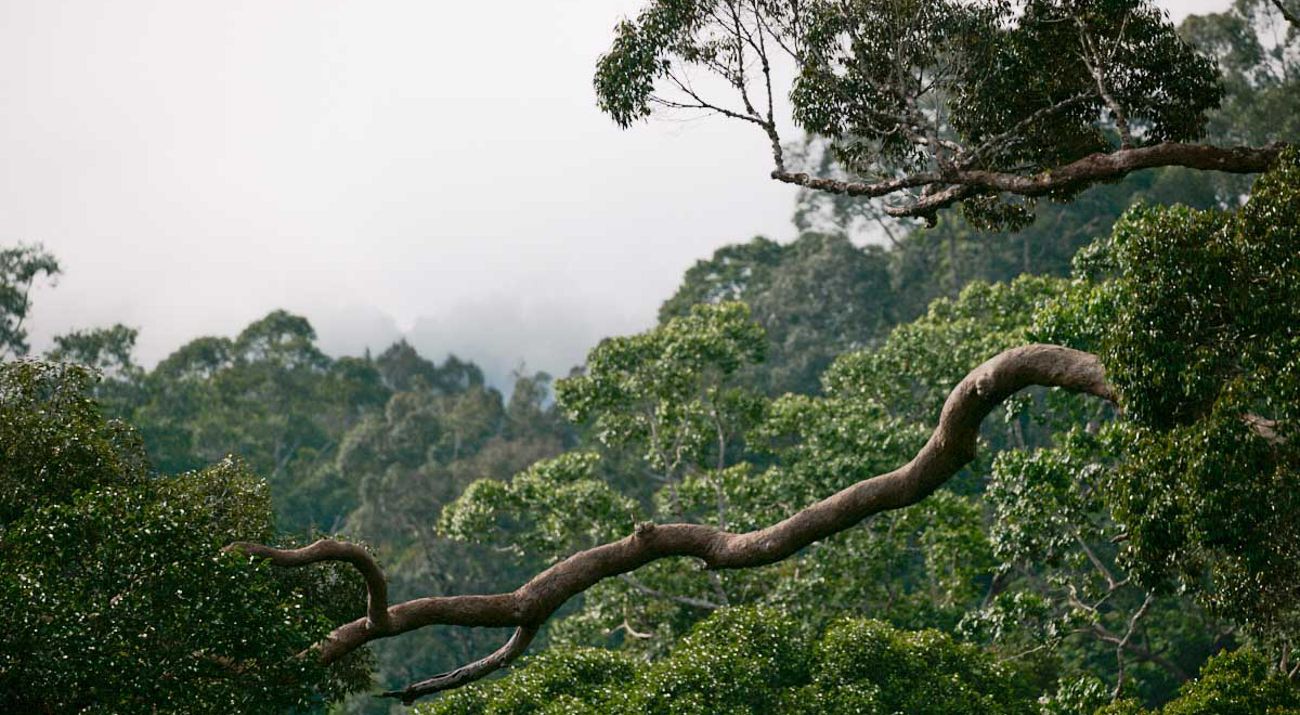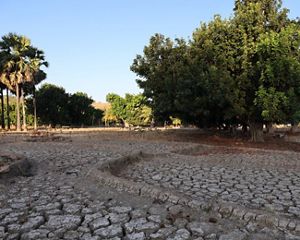Indonesia as a tropical country has extensive forests spread across various regions. One of them is in Kalimantan, as the third largest island in the world. Kalimantan is one of the global conservation priorities because of its high biodiversity and its role as the lungs of the world that has an impact on tackling climate change.
Borneo's forests are also a habitat for many globally important plants and wildlife. Yayasan Konservasi Alam Nusantara (YKAN) in collaboration with the Indonesian government and various partners, including local communities, is committed to continuing to encourage responsible forest management and sustainable development efforts in the region.
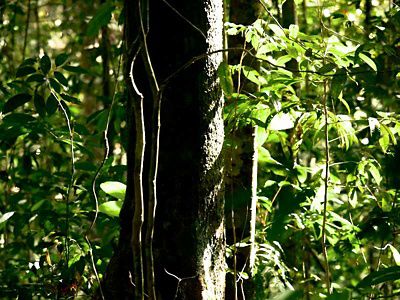
Wehea Kelay Landscape
One of the efforts to maintain forest sustainability is to involve various stakeholders in this protection activity. The model initiative that YKAN and its partners are running is the Collaborative Management of Orangutan Habitat in the Wehea Kelay Landscape. Wehea-Kelay is a landscape area that occupies about 2 percent or 532,143 hectares of the total forest area of Kalimantan.
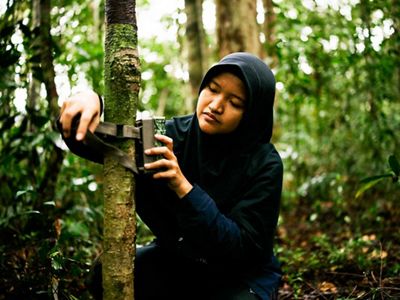
Together with various parties, including customary law communities, YKAN plays an active role in assisting the community in maintaining the ecosystem and biodiversity in this region. Various studies are also carried out together with academic partners in maintaining this diversity, especially for endemic animals. Petkuq Mehuwey, a group of forest rangers, was formed as part of a commitment to protect the Wehea Kelay forest. Currently, eight youths are committed to patrolling, collecting data and continuing to monitor the forest and its species.
Community Inspiring Actions for Change (SIGAP)
The development of forests, agriculture, and mineral commodities is one of the drivers of deforestation from converted forests. Encouragingly, community-managed areas through social forestry schemes show lower deforestation rates compared to the baseline areas. Sustainable management and utilization of forest resources is the key to the sustainability of people's lives.
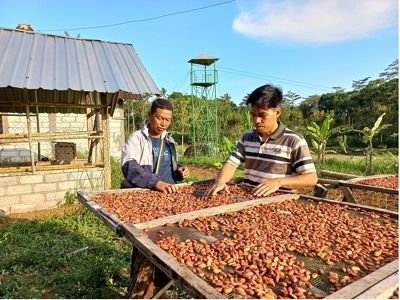
Through the Community-Led Conservation strategy, YKAN encourages the implementation of the SIGAP approach, ensuring that communities can have access to natural resources and their management rights, strengthening the governance of community institutions and supporting sustainable livelihood strategies. The Government's commitment is also one of the keys to the sustainability of this approach. One of them is shown through the issuance of a Regional Regulation on SIGAP as an approach to village assistance in the East Kalimantan Provincial Government and Berau Regency, and the implementation of the SIGAP Sejahtera Program by the Berau Regency Government.


